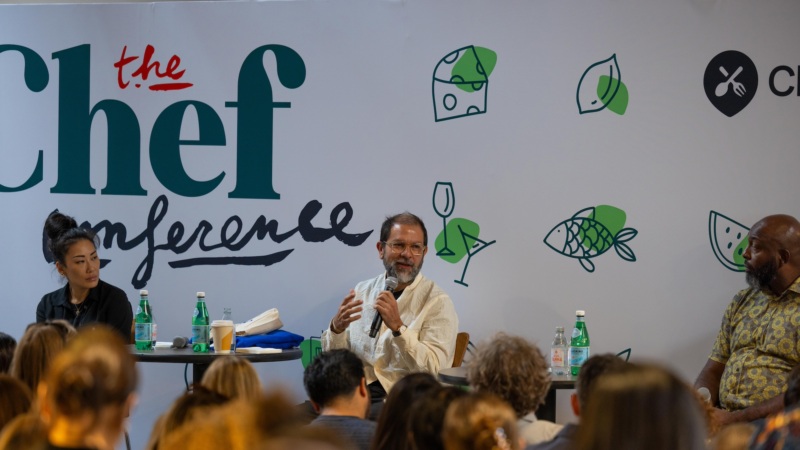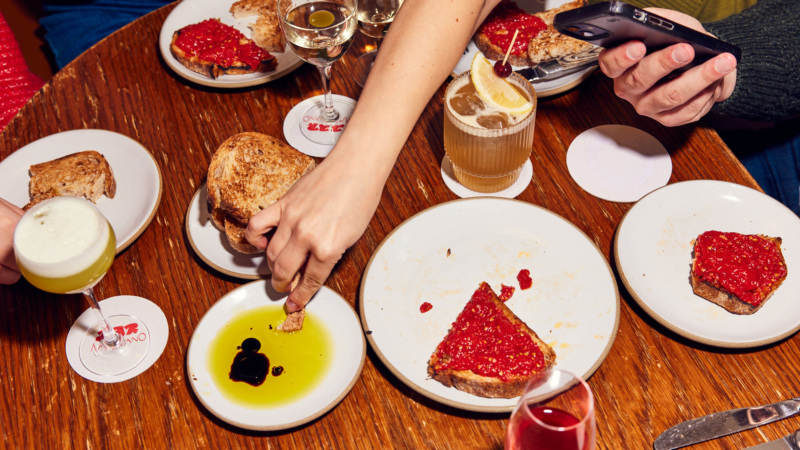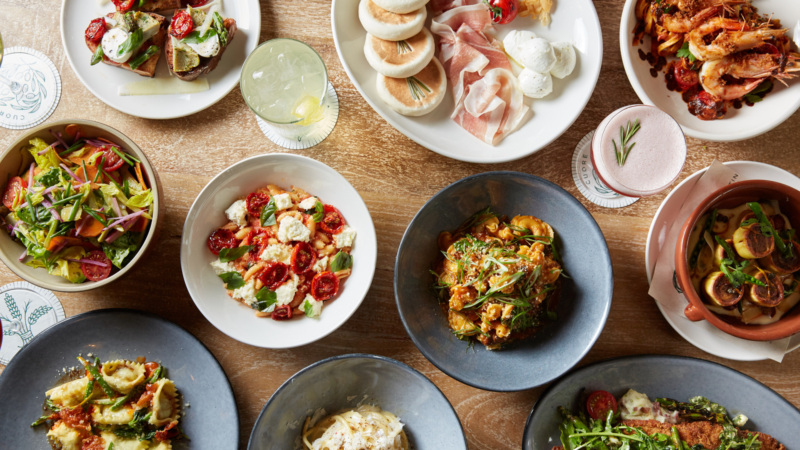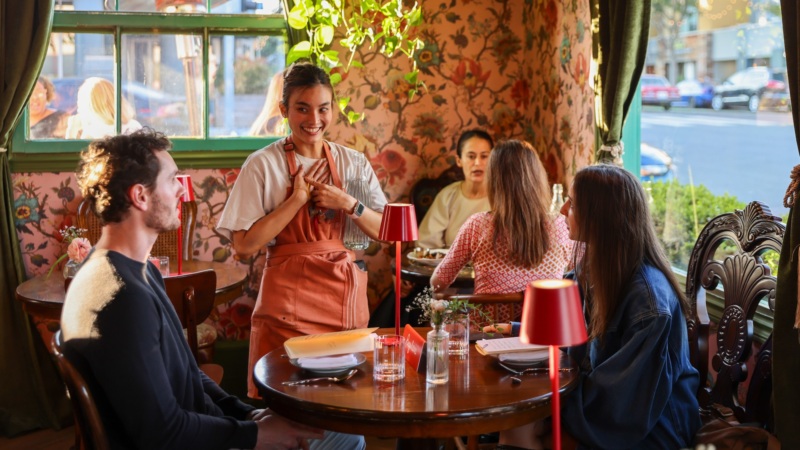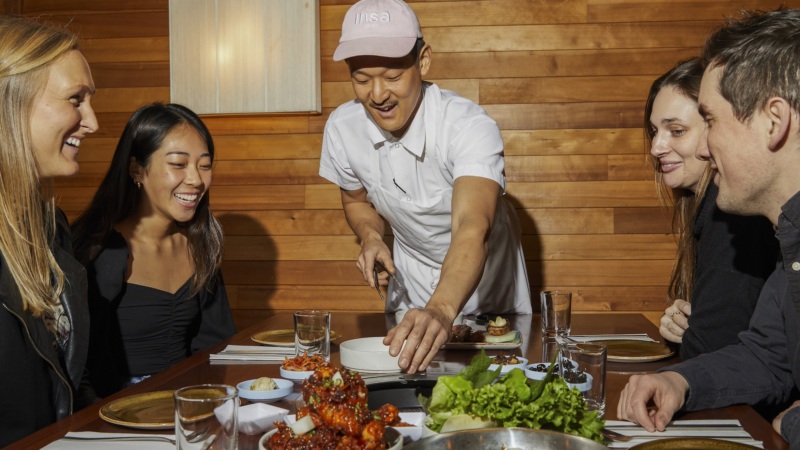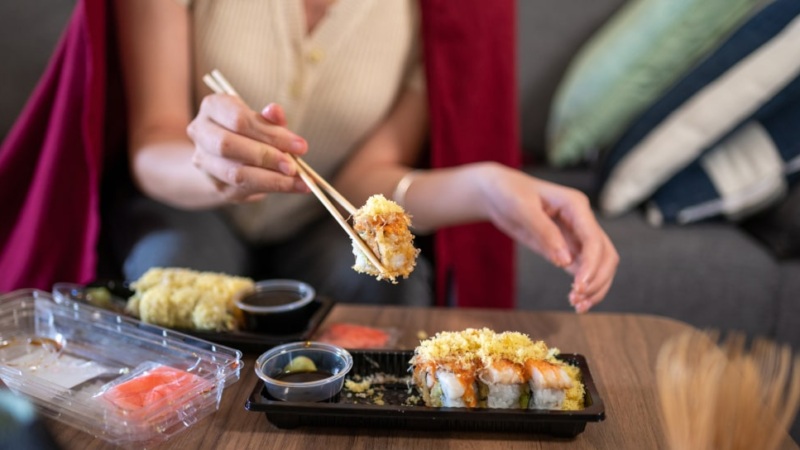
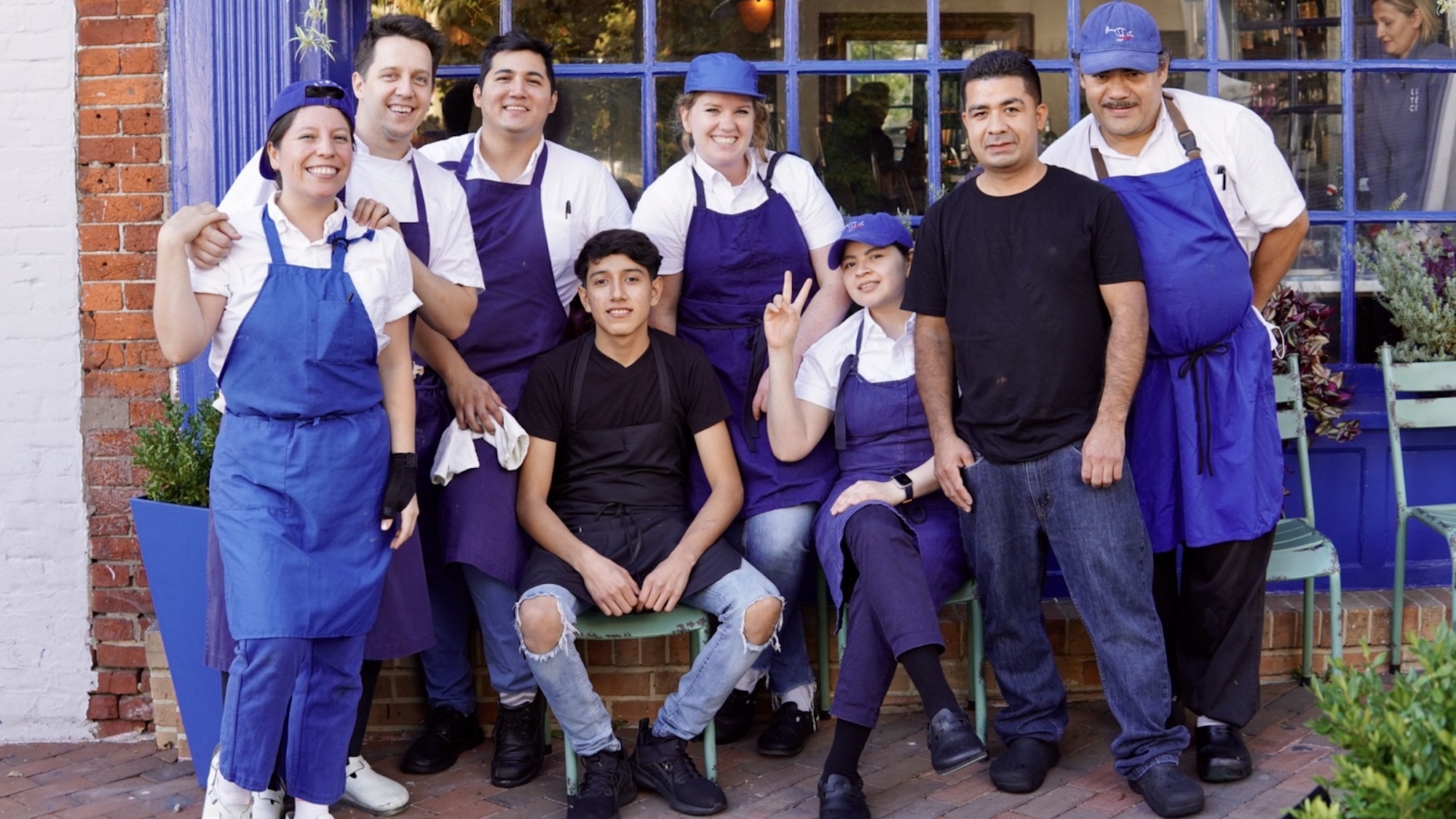
Restaurant Operations National
Five Wishes For 2024 From the Restaurant Industry
Restaurants exceeded expectations and went far beyond comeback territory in 2023. And whether people dined with loved ones or solo, the restaurant revival was coupled with dining trends – some that made experts feel hopeful and some they’d love to never see again.
We talked to the pros – chefs, owners, and operators – and broke down the movements they’ve seen enough of and what they hope to see more of in 2024. Here are some themes that stuck out.
1. More Community-Focused Dining
Gathering and creating a sense of community and togetherness is often the key to a successful meal. Asia Howell, general manager at Alta Adams in Los Angeles, says the increase in communal dining, dinner parties and supper clubs in the city has made her feel hopeful. This boost shows that the hospitality industry is leaning towards being more engaging, inviting and community-based, she pointed out.
Rob Rubba, chef and partner at Oyster Oyster, feels similarly about focusing on community as a centerpiece of the dining experience. This year, he was inspired by restaurants coming together and having open conversations about improving across the board – socially, environmentally, and culturally.
And it’s not a flash in the pan. Across the industry, people are pushing to zone in on communal dining and community-centered events. “The desire to meet new people is a common thread I have noticed among our guests,” Claire Makley, general manager and owner at Tonino and founding member of The Koji Club in Boston, said. “Creative pop-ups and intimate, dinner party-esque events provide the safe spaces to comfortably engage with other guests and maybe make a new friend,” she added.

Creative pop-ups and intimate, dinner party-esque events provide the safe spaces to comfortably engage with other guests and maybe make a new friend.— Claire Makley, General Manager and Owner of Tonino & Founding Member of The Koji Club, Boston
2. Farewell to Phones
No matter how beautiful the food is, the vibe shifts when everyone takes out their phones – whether it’s for a QR-code menu or social media footage. And while the theatrics of a meal might be fun for TikTok, most industry pros are sick of the fanfare and ready for people to be more connected in-person. Instead, they’d love to see more people focus on being present for their restaurant experiences.
“The tactile experience of holding a menu is far superior to staring at a phone, and gives us an opportunity to create an additional moment within our dining experience,” Chef Michael Williams, culinary director of IB Hospitality – which owns Juliet, Norah and Margot in Los Angeles – said.
3. Five-Day Work Weeks & Better Employee Benefits
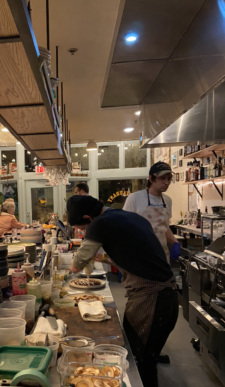
Creating a successful restaurant culture and experience begins with treating the employees well, and that hasn’t always been the case in the industry. Many industry professionals noted that they did see some progress this year, though.
“The only trend I care about is seeing more restaurants start putting on their big-kid pants and paying their staff better and offering legit benefits so our industry can progress,” Jarrett Stieber, chef and owner at Little Bear in Atlanta said.
Prominent chefs in Washington D.C. agree with this sentiment. “We’ve felt hopeful about the increase in clarity around access to benefits for hospitality workers – like healthcare, transportation, retirement and time off,” Matt Conroy, the chef and partner of The Popal Group’s Lutèce and Pascual, said. Isabel Coss, the executive pastry chef who works with Conroy, is also hopeful about the shift. “Taking care of restaurant workers is essential and very important to us personally,” she said, adding that the duo is happy to see these benefits becoming more frequently available in more restaurants.
4. Goodbye to Tableside Theatrics
Oftentimes, meals become a show just as much as an opportunity to enjoy delicious food, and many industry professionals are over it. The cheese pulls, fork twirls and big bites for the camera are often accompanied by a disruptive flash and take diners out of the moment.
“I’m hoping the trend of over-the-top, Instagram-driven, pointless and theatrical tableside presentation fizzles out,” Howell said. “A show isn’t necessary when the food is good!”
Rubba echoed this sentiment. “Food videos on social media platforms that are designed to be reactionary are wasteful and far from the progress we need in the food world,” Rubba said.
With that in mind, Howell believes the return to simple dining is around the corner – “good food, good service, and less gimmicks,” she said. “Some of the best restaurants I’ve been at have kept everything very simple, and that’s what made it memorable,” she added.
5. Highlighting Young, Eager Talent
The hospitality industry undoubtedly took a hit during the pandemic, and as it recovers – and booms – leaders in the space are excited to see an influx of more young and eager talent.
“I am hoping we see a continuation of ambitious young cooks eager to become chefs,” Stephen Marcaurelle, chef and partner at The Nautilus Pier 4 in Boston, said. “I think the pandemic kind of set us back a few years, and without that next generation, food can only evolve so much,” he pointed out. “Hard work does pay off, and their skillset will guarantee them a job anywhere in the world,” he added.
Alyssa Mikiki DiPasquale, the owner of The Koji Club in Boston is ready to make this happen. “Let’s welcome the new, mentor fresh ideas, and put our dollars towards an innovative young scene,” she said.
*Opinions and views in articles shared on Resy OS are presented for the purpose of discussion and commentary on topics of interest in the restaurant industry; they should not be viewed as substitutes for advice given by professionally engaged business consultants and advisors.









